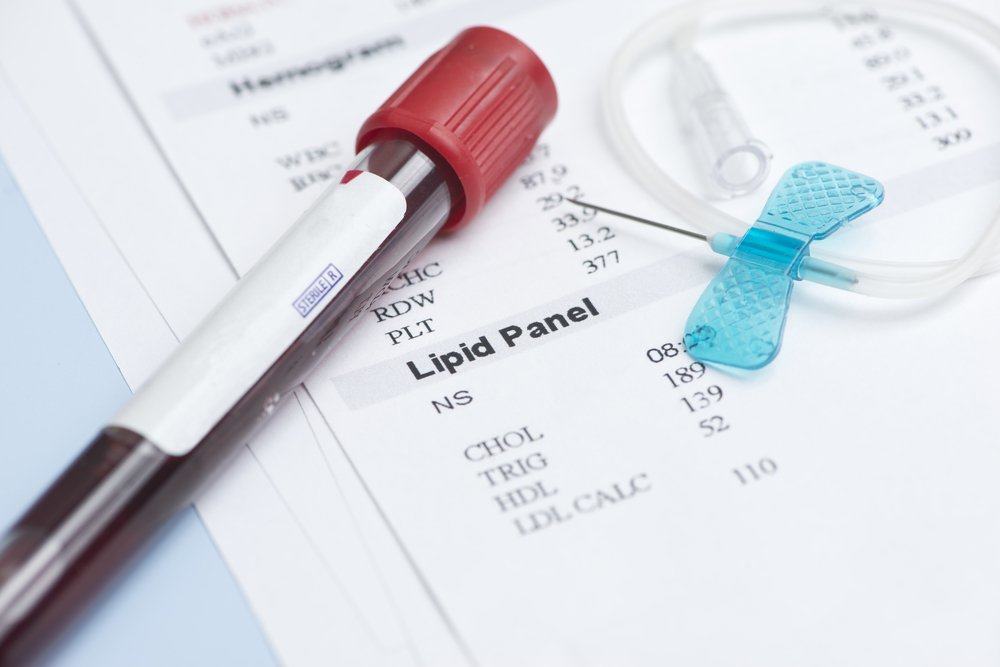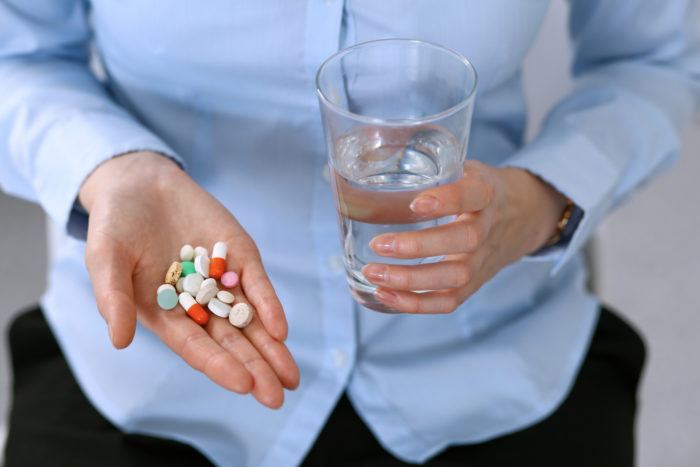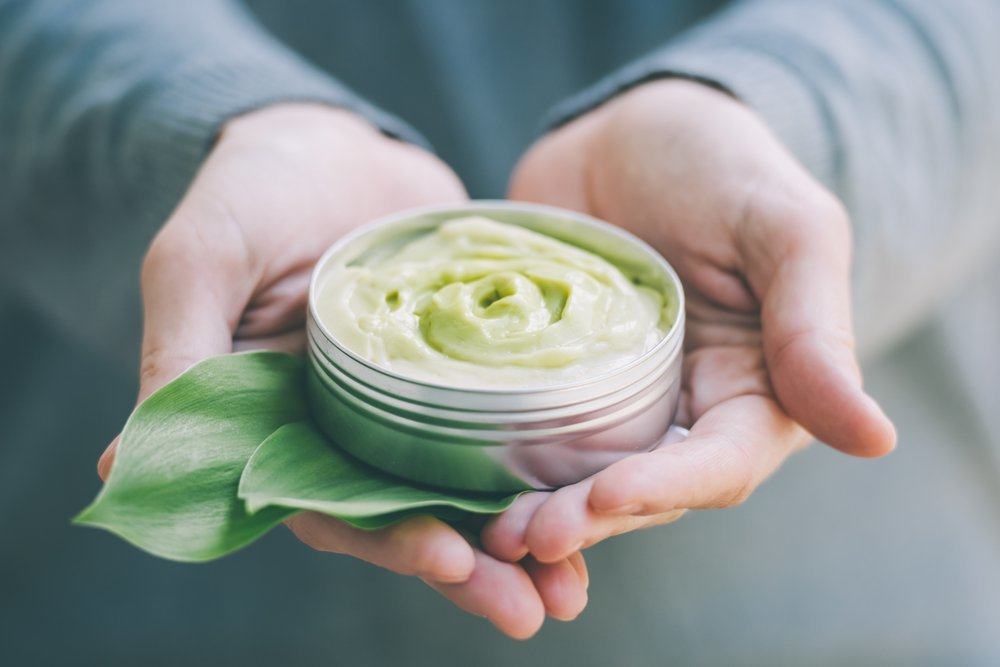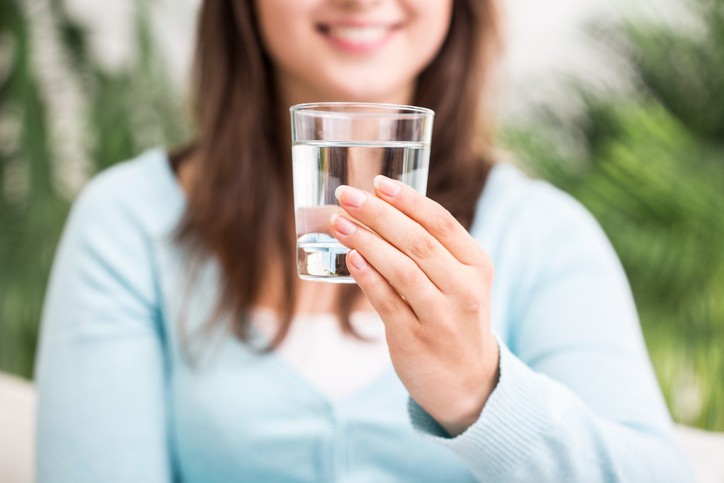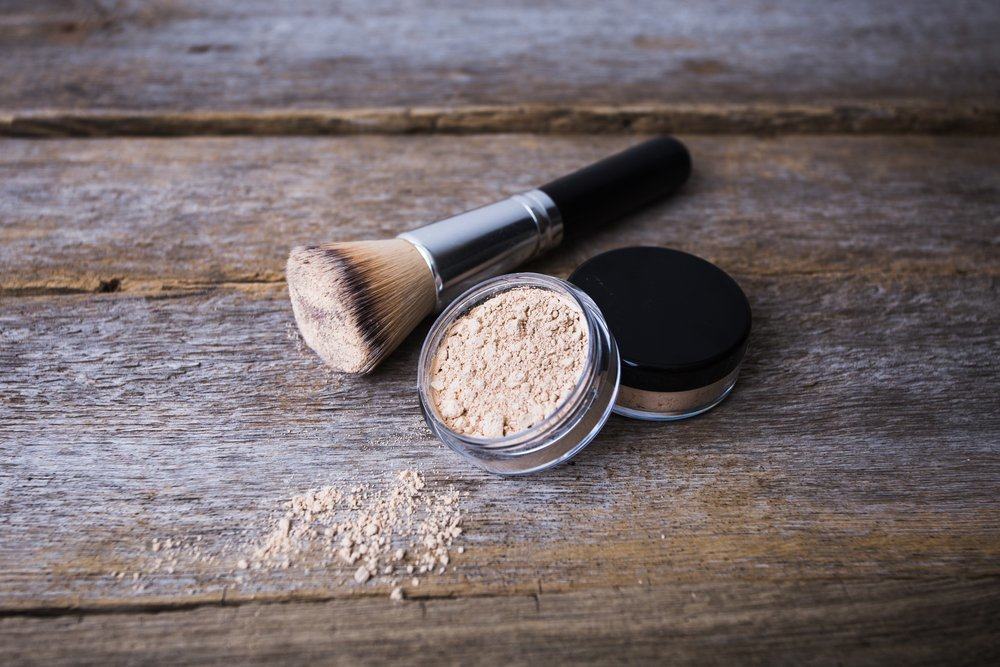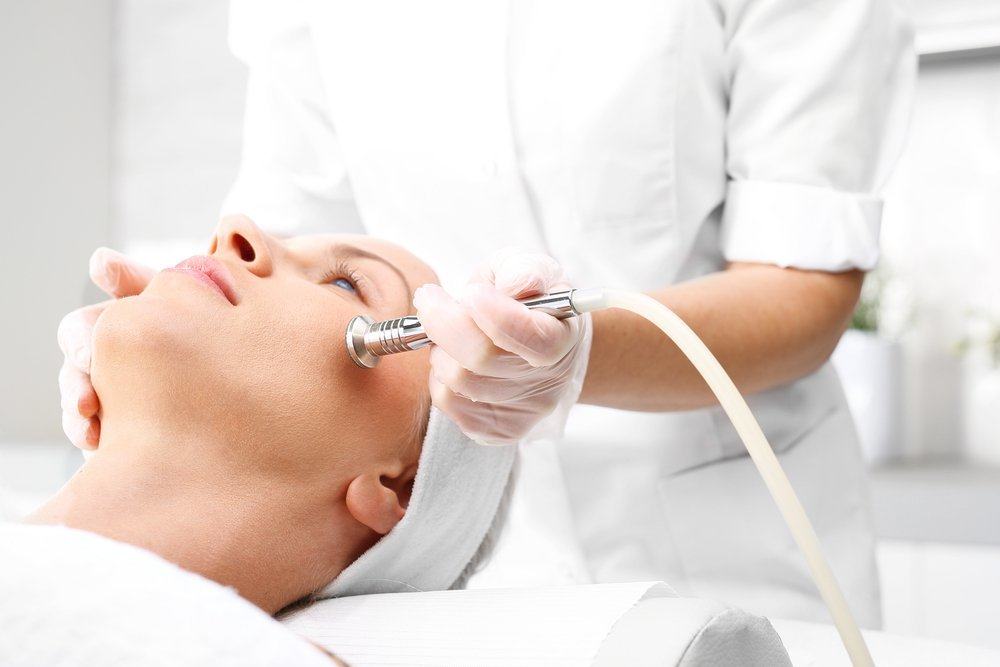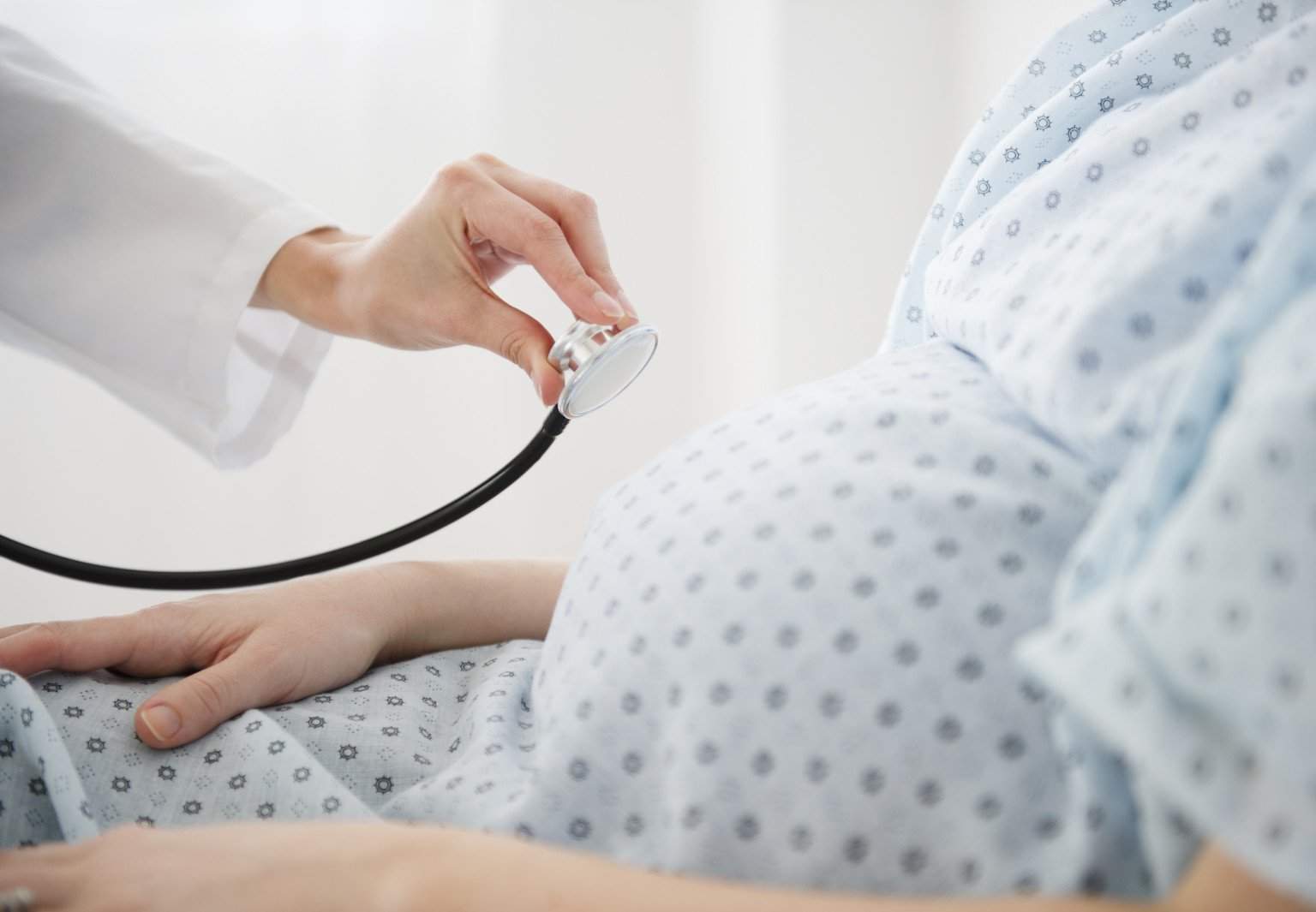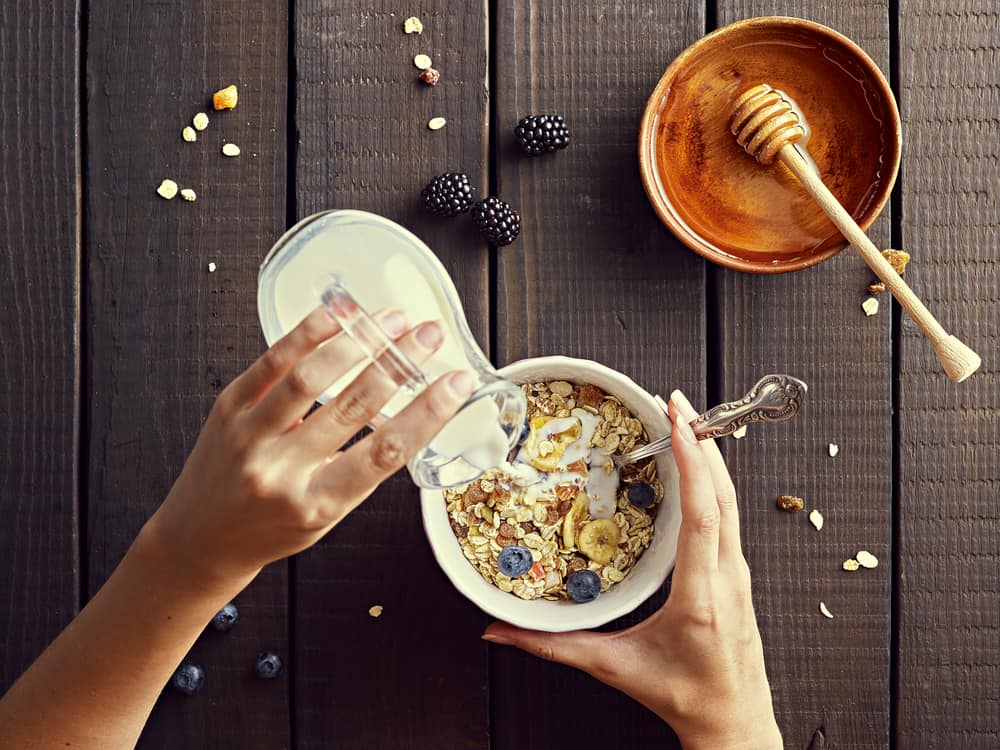Contents:
- Medical Video: Dr. Sarah Hallberg on triglycerides, LDL and HDL cholesterol on a ketogenic diet
- What are triglycerides?
- How do you know if your triglyceride levels are high or are in a normal level?
- Then, what is the difference between triglycerides and cholesterol?
- Different functions and uses
- Triacylglycerol and cholesterol are formed from different substances
- Differences in the normal limits of cholesterol with triglycerides
- Why are high triglyceride levels a problem?
- How do you reduce triglycerides?
- Use triglyceride drugs
- Eat triglyceride-lowering foods every day
- Change lifestyle as a high triglyceride drug (hypertriglyceridemia)
Medical Video: Dr. Sarah Hallberg on triglycerides, LDL and HDL cholesterol on a ketogenic diet
Do you have problems with cholesterol? If yes, maybe you are already familiar with triglycerides. Triglycerides are often associated with cholesterol, but are they the same? Here is the explanation.
What are triglycerides?
The body has some fat, including triglycerides or other names triacylglycerol . LeThis mak is very important for your survival and is the main form of fat. Triacylglycerol is also sometimes known as ‘lipids' When you think of fat that is formed and stored in the waist and abdomen, you will definitely think of triglycerides. Yes, triacylglycerol is formed from unused calories and stored in fat cells.
This triacylglycerol fat is also formed from the final product from food digestion. Some are produced from energy sources, such as carbohydrates. Triglycerides are used by the body when you are in a meal time lag and when you need more energy. The hormones in your body will release this fat, so that more unused calories are reduced. So, if you lack exercise and eat more, then maybe you have high amounts of triglycerides.
How do you know if your triglyceride levels are high or are in a normal level?
You can do a blood test to determine triglyceride or triacylglycerol levels in your body. Here's the range Triacylglycerol which you must know:
- Normal: less than 150 mg / dL, or 1.7 mmol / L
- High limit: 150 to 199 mg / dL (1.8 to 2.2 mmol / L)
- High: 200 to 499 mg / dL (2.3 to 5.6 mmol / L)
- Very high: 500 mg / dL or above (5.7 mmol / L or above)
Before doing a blood test, you usually have to fast for about 9 to 12 hours. The purpose of the fasting is that the blood taken shows an accurate measurement of fat levels. Usually the doctor will test triglycerides as part of a cholesterol test. On the test, you will also be tested for two types of cholesterol; good cholesterol (HDL) and bad cholesterol (LDL). The American Heart Association recommends a 21-year-old person to do this test, at least every 5 years. So, don't wait until you are overweight or 30 years old or older
Then, what is the difference between triglycerides and cholesterol?
You need to know, that triglycerides and cholesterol are both fat in the body, but the type is different. Both are different types of fat that flow or circulate in your blood. As explained above, triglycerides are unused calories, but can be used at any time, while cholesterol is a fat that will form certain cells and hormones. However, they are often linked because they cannot dissolve in the blood, both of which will circulate in the body with the help of proteins that "transport" fat.
In addition to the above, you also need to know that your body's total fat, triglycerides and cholesterol are formed from the fatty foods you consume every day. All types of fat that enters the body, whether it's saturated fat or unsaturated fat, will be broken down into fatty acids. Then all the fatty acids will be used as needed. The body will convert fatty acids to cholesterol and triglycerides if needed.
Actually, total fat is all fat contained in the body, including cholesterol and triglycerides. Then what is the difference between cholesterol and triglycerides?
Different functions and uses
Triacylglycerol is a fat that will be useful as a reserve energy that will be used by the body if the main source of energy, glucose, in the body has run out. Therefore, triglycerides or triacylglycerol are stored in fat cells called adipose cells. These cells gather to make a tissue which is also called adipose tissue. Adipose tissue is spread in various parts of the body, such as under the surface of the skin and between organs.
Well, while cholesterol is a substance produced by fat metabolism and is needed by the body to build tissues and cells, form various hormones, and play a role in the digestive system. In the blood, cholesterol cannot dissolve so it joins protein and forms lipoprotein. In addition, there are two types of body cholesterol that have their own uses, namely:
- good cholesterol or high density lipoprotein (HDL) which functions to carry and clear cholesterol from various organs, including blood vessels, back to the liver.
- Bad cholesterol or low-density lipoproteins (LDL) which functions to carry cholesterol from the liver to various organs. LDL becomes bad if the amount is too high in in the body, so that causing fat to settle in the blood vessels.
Triacylglycerol and cholesterol are formed from different substances
Although cholesterol and triglycerides are both formed from fat, but there are still differences from both. Cholesterol is only formed from saturated fats obtained from the food you eat. So, the more sources of saturated fat, the more cholesterol the body produces. Not only results from the fatty foods you consume, actually body cholesterol is produced naturally in the liver. so, to control the amount, you have to limit eating fatty foods.
Another with triglycerides or triacylglycerol. Triacylglycerol is the body's energy reserves that can be produced from fatty foods or carbohydrate-source foods. So, triacylglycerol can be formed from various foods you eat that have calories. When the fuel to form energy in the body is fulfilled, the remains of glucose and proteins that are still present in the blood will be converted into triglycerides and then stored as energy reserves.
Differences in the normal limits of cholesterol with triglycerides
You must pay attention to the amount of cholesterol and triglycerides in the blood so as not to cause chronic illness. The normal limit of triglycerides in the body is less than 150 mg / dl. While the following are the normal limits of cholesterol:
- Normal if the total cholesterol is less than 200 mg / dl.
- You should be careful if the amount of cholesterol is between 200-239 mg / dl.
- Including high if cholesterol levels have reached 240 mg / dl and more than that.
Why are high triglyceride levels a problem?
There is still no way to explain how it works, but high triglycerides can affect hardening of the arteries or thickening of the arterial wall - this can cause a risk of increased stroke, heart attackand other heart diseases. Even in extreme cases, triglyceride levels above 1000 mg / dL can cause acute pancreatitis.
High triglycerides are often also a sign of obesity and metabolic syndrome. Sometimes, it is also a sign of poorly controlled type 2 diabetes, low thyroid hormones, liver or kidney disease, and rare genetic conditions that affect the way the body converts fat into energy. However, there are also external causes, such as the side effects of taking drugs such as beta blockers (usually consumed to relieve anxiety symptoms), family planning pills, diuretic and steroids.
How do you reduce triglycerides?
You need to know first the cause of triglycerides increases. Changing your lifestyle is also the key, here is what you can do:
Use triglyceride drugs
If a healthy lifestyle also has no effect on decreasing triglycerides, your doctor may recommend the following triglyceride drugs:
- Statins
Statins are drugs commonly prescribed by doctors to reduce cholesterol levels in the blood. Specifically, this drug helps lower LDL cholesterol levels (low-density lipoprotein) or what we usually know with bad fats. If your blood contains too much LDL, then this fat can accumulate and crust on the walls of blood vessels, thereby reducing blood flow and causing blockages. LDL is often associated with increased risk coronary heart disease.
These cholesterol-lowering drugs work in two ways: inhibiting the enzymes the body needs to produce cholesterol, and also helps reduce the fat plaque that has formed in the blood vessels. Therefore, statin drugs are known to reduce your risk of experiencing stroke or heart attack.
- Fish oil
Fish oil is rich in omega 3 fatty acids that are important for your health. Fish that are famous for being rich in omega-3 fatty acids are salmon, mackerel, tuna, sturgeon, mullet, bluefish, anchovy, sardines, herring, trout, and menhaden.
Fish oil supplements usually contain a small amount of vitamin E. Can also be combined with calcium, iron, or vitamins A, B1, B2, B3, C, or D.Fish oil is commonly used for many health conditions, but is most often used for heart and blood system problems. Some people use this oil for lower blood pressure or triacylglycerol.
- Fiber
Fenofibrate is a drug used in conjunction with the right diet with a function to help lower "bad" cholesterol and increase "good" cholesterol (HDL) in the blood. This drug belongs to a group of drugs known as "fibrates." This drug works by increasing an enzyme that breaks down fat in the blood. Lowering bad fat in people with high levels of fat in the blood can reduce the risk of pancreatic disease (pancreatitis). However, Fenofibrate may not reduce the risk of a heart attack or stroke. Talk to your doctor about the risks and benefits of fenofibrate.
Eat triglyceride-lowering foods every day
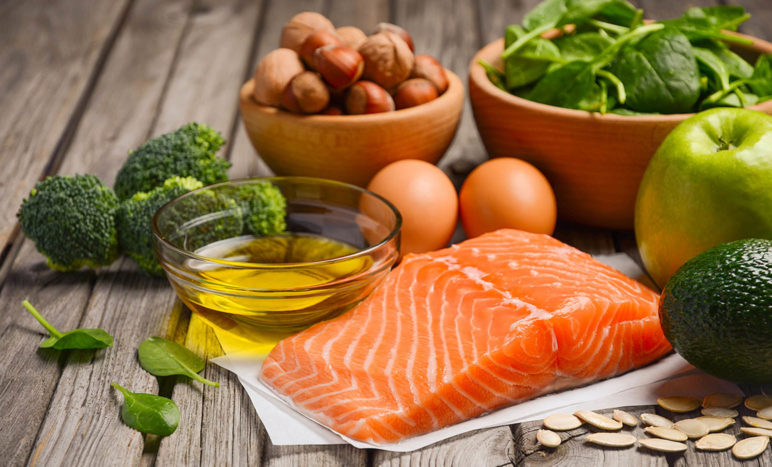
There are several food intake that must be consumed daily to keep your triaglycerol fat levels still above normal. Here are some triglyceride-lowering foods to eat:
- Fruits and vegetables. Choose various types of green vegetables, fruits and other types of colored vegetables. For example, you can choose bananas, sweet potatoes, bi fruits that are good for the heart.
- Whole grains. These include whole wheat and pasta bread, brown rice, whole grain cereals, and oatmeal.
- "Healthy" fat. Add salmon and other fatty fish, plus olive oil, avocado, and nuts, for omega-3 fatty acids.
- Nuts. Walnuts, flaxseed and soybean oil. This additional source of omega-3 fatty acids is a very good choice for vegetarians.
- Eat lean protein. Include skinless poultry, lean beef, beans and peas.
- Low fat milk. Include skim milk and low-fat cheese.
Depending on how high your triglyceride levels are, your doctor will have a different approach. Nutritional intake and lifestyle change measures are considered the main treatments for high triglycerides. Moderate patients must limit fat, carbohydrates and alcohol intake. Patients in severe conditions must follow a fat-free diet with supplements of fat soluble vitamins (vitamins A, D, E, K). Drug interventions are needed when these steps fail.
For some people with very high triglycerides, your doctor may prescribe certain medications to reduce triacylglycerol levels quickly and to prevent pancreatitis.
Change lifestyle as a high triglyceride drug (hypertriglyceridemia)
Another way to deal with high triglyceride levels is to eat healthy foods and exercise more. Here are lifestyle and home remedies that can help you deal with high triglycerides
1. Lose weight.
If you are overweight, reducing 2.5 to 4.5 kilograms can help reduce high triglycerides in your body. Motivate yourself by focusing on the benefits of losing weight, such as more energy, good appearance and improving health.
2. Try reducing your food's calorie intake
Remember that the excess calories will be converted to triacylglycerol and stored as fat. Reducing your calories will reduce high triglycerides in the body.
3. Avoid eating sweet foods
Simple carbohydrates, such as sugar and foods made with white flour, can increase the tricylglycerol in your body.
4. Choose healthy fats
Saturated fats in foods commonly found in meat (especially red meat) are best avoided to reduce high triglyceride levels. It's a good idea to consume good fats such as fats found in various foods and oils, such as avocados, olive oil, canola oil, and nuts, such as almonds and hazelnuts. These fatty acids help maintain HDL cholesterol levels and reduce LDL cholesterol levels. Research shows that consumption of foods high in monounsaturated fatty acids can increase blood cholesterol levels which can reduce the risk of heart disease.
5. Limit alcohol consumption
Alcohol is high in calories and sugar and has a very strong effect on triglycerides. Even small amounts of alcohol can increase triglyceride levels.
6. Exercise regularly
At least do 30 minutes of physical activity on a few days or all days of the week. Regular exercise can reduce high triglycerides and increase good cholesterol. Try to do small exercises while working breaks or watching TV.

